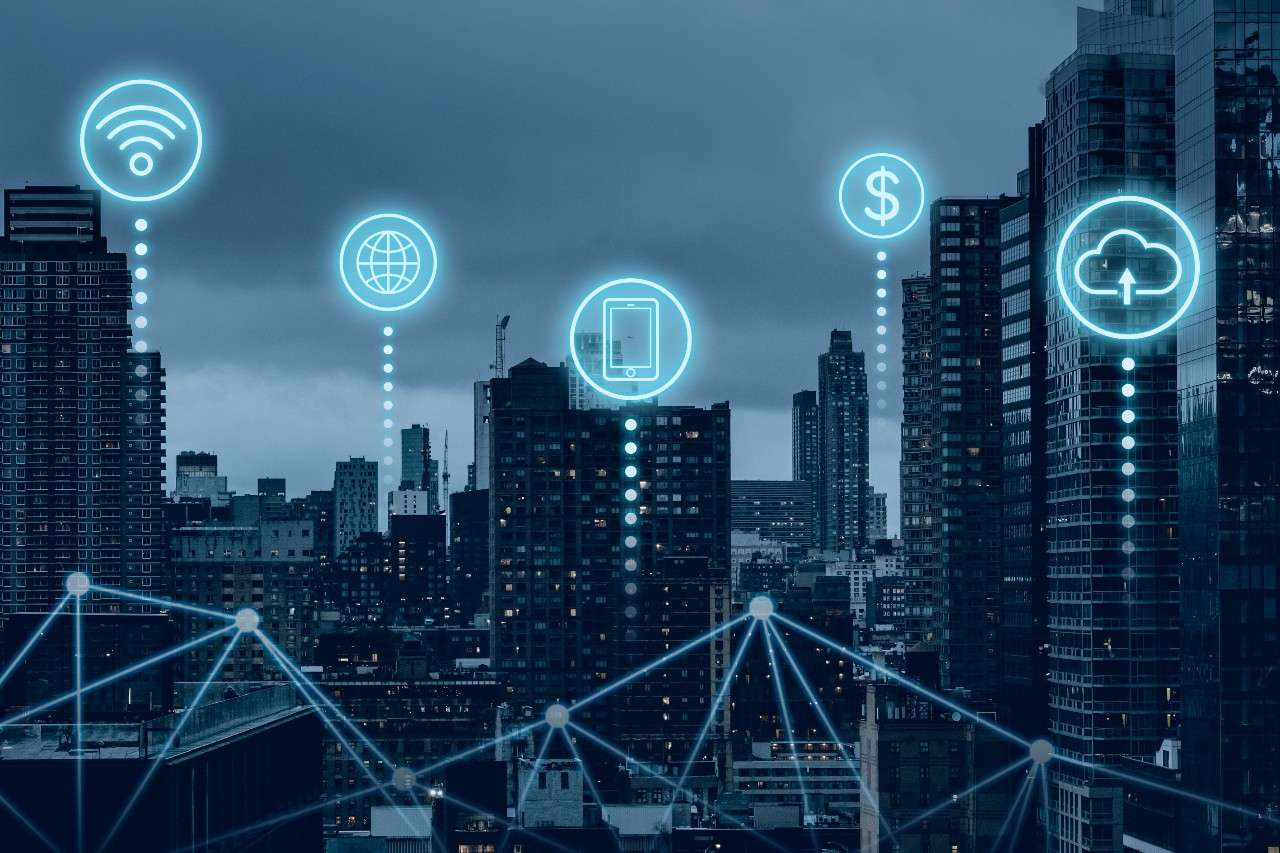The Internet of Things (IoT) is a rapidly growing field that is transforming the way we interact with the world around us. IoT services enable organizations to collect, analyze, and act on data generated by connected devices, providing insights that can drive business value and improve operational efficiency. In this article, we’ll explore what it takes to provide IoT services, including the technologies, processes, and skills involved.
Technologies Used for Providing IoT Services:
- IoT Platforms: IoT platforms provide the infrastructure necessary to manage and connect devices, collect and analyze data, and develop applications. Some of the popular IoT platforms include AWS IoT, Microsoft Azure IoT, and Google Cloud IoT.
- Sensors and Devices: The IoT relies on sensors and devices to collect data from the physical world. These can include a wide range of devices such as sensors, cameras, and smart appliances.
- Analytics: IoT generates a vast amount of data that requires analytics to extract valuable insights. Analytics tools such as Apache Spark, Hadoop, and Elasticsearch are essential for the processing and analyzing large datasets.
- Cloud Computing: Cloud computing services such as AWS, Azure, and Google Cloud provide the necessary infrastructure for deploying and scaling IoT solutions.
- Security: IoT devices and platforms require robust security measures to prevent unauthorized access and protect sensitive data. Technologies such as encryption, firewalls, and access controls are critical for securing IoT solutions.
Skills Required for Providing IoT Services:
- IoT Architecture: Designing an effective IoT solution requires a deep understanding of the underlying technologies and how they work together. Architects with expertise in IoT architecture are essential for developing scalable, secure, and efficient IoT solutions.
- Data Analytics: IoT generates vast amounts of data that require analytics to extract valuable insights. Data analysts and scientists with expertise in analytics tools such as Apache Spark and Hadoop are essential for the processing and analyzing large datasets.
- Programming: IoT solutions are developed using programming languages such as Python, Java, and C++. Developers with experience in these languages are in high demand in the IoT industry.
- Security: IoT devices and platforms require robust security measures to prevent unauthorized access and protect sensitive data. Security experts with expertise in encryption, firewalls, and access controls are critical for securing IoT solutions.
- Business Acumen: Providing IoT services requires a deep understanding of the businesses and industries you serve. Business acumen is necessary to identify opportunities for IoT, develop effective strategies, and communicate the value of these technologies to clients.
Processes Involved in Providing IoT Services:
- Device Management: The first step in providing IoT services is device management. This involves registering devices, configuring settings, and monitoring device status.
- Data Collection and Analysis: The next step is collecting data from devices and analyzing it for valuable insights. This involves setting up data pipelines, processing and analyzing data, and developing visualizations and reports.
- Application Development: Once data is analyzed, it can be used to develop applications that provide insights and enable real-time decision-making. Application development involves designing and developing user interfaces, integrating with back-end systems, and testing and deploying applications.
- Security and Compliance: IoT solutions require robust security measures to prevent unauthorized access and protect sensitive data. This involves implementing encryption, firewalls, and access controls, and ensuring compliance with regulations such as GDPR and HIPAA.
- Maintenance and Support: Finally, IoT solutions require ongoing maintenance and support to ensure they continue to perform effectively. This involves monitoring device status, troubleshooting issues, and updating software and firmware as needed.
IoT services demand a diverse set of skills, technologies, and processes. IoT platforms, sensors and devices, analytics tools, cloud computing, and security technologies are essential for developing and deploying IoT solutions. IoT architects, data analysts and scientists, developers, security experts, and business leaders place a crucial role.
